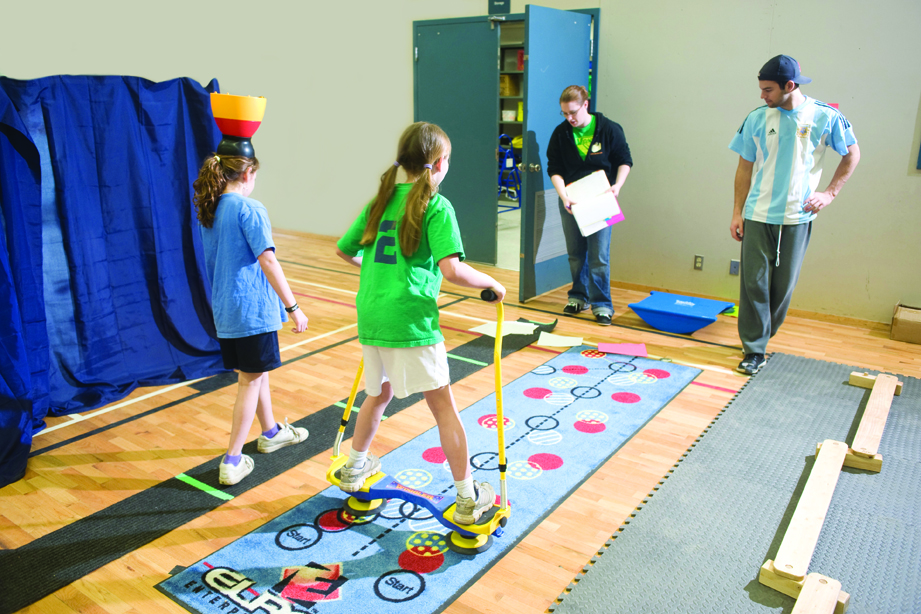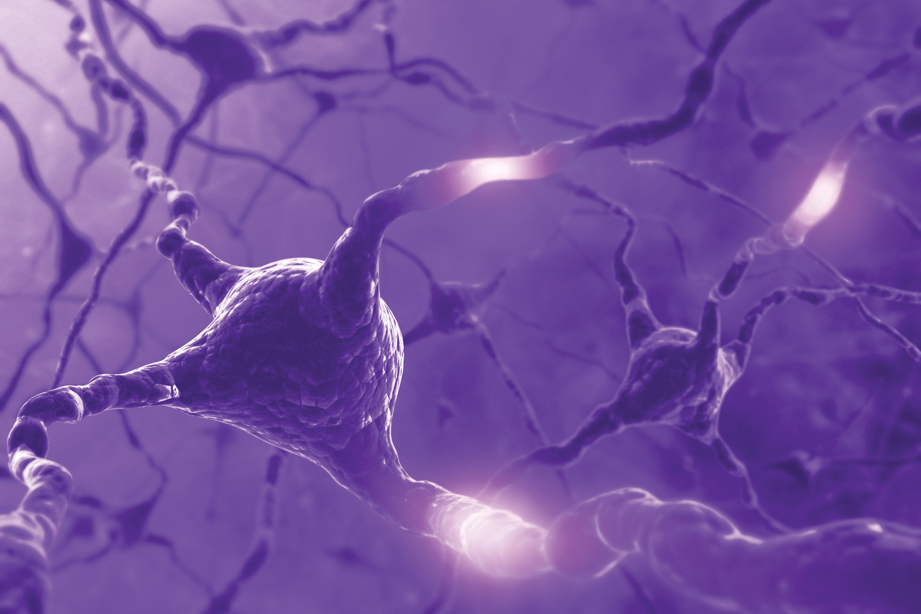Challenge Families and individuals with FASD often struggle when it comes to accessing supports, sometimes because they don’t know services exist, and other times inclusion criteria act as a barrier. Project Summary The Fetal Alcohol Resource Program (FARP) developed in partnership with Citizen Advocacy Ottawa was created to address this issue. FARP plays a navigator [...]
Integrated Navigational Support for Families of Children with Neurodevelopmental Disabilities
Nicolas Turgeon-Morin2023-05-04T08:21:04-08:00A Pilot in Alberta, British Columbia and the Yukon Challenge Children with neurodevelopmental disabilities (NDDs) often navigate a confusing patchwork of uncoordinated services. These services span several different sectors, organizations and layers of government. Research shows that families frequently struggle to determine what supports are available, appropriate and accessible —especially at crucial life junctures such [...]
The Use of Video Games to Improve Cognition in Children with Neurodevelopmental Disabilities
Nicolas Turgeon-Morin2023-10-19T10:46:20-08:00Challenge Video games place a high demand on our cognitive systems and teach children skills that are generalizable to other tasks. For example, many games require the player to divide their attention between two different tasks; to ignore distractors; and to assess a situation and quickly make a decision, all skills that are applicable in [...]
One-Stop-Database-Shop for Genomics Data on Brain-Based Disabilities
Nicolas Turgeon-Morin2023-10-19T10:46:38-08:00Challenge A lot of genomics data has been published on neurodevelopmental disabilities, but researchers face challenges in accessing this information. Data found in the literature is often scattered and difficult to synthesize, and simply aggregating data onto one platform isn’t sufficient. Project Summary This project aimed to examine the literature on the genomics of FASD, [...]
Focusing on Strengths Rather than Deficits in FASD Interventions (OIP)
Nicolas Turgeon-Morin2023-10-19T10:48:33-08:00Challenge Approximately 1 in 100 children per year affected by prenatal alcohol exposure. These estimates translate to thousands of affected infants born each year with Fetal Alcohol Spectrum Disorder (FASD). Intervention programs for children with FASD have traditionally focused on addressing deficits in cognitive ability and intellectual capacity, or on adapting social behaviours. Such programs [...]
FAST Club and Braingamers
Nicolas Turgeon-Morin2023-10-19T10:55:07-08:00Challenge Approximately 1 in 100 children per year are affected by prenatal alcohol exposure. These estimates translate to thousands of affected infants born with Fetal Alcohol Spectrum Disorder (FASD). Individuals with FASD can suffer from neuropsychological deficits, particularly in executive function (EF), which result in poor performance in school or at work, and in day [...]
Neuroimaging and the Effects of Alcohol on the Brain
Nicolas Turgeon-Morin2023-10-19T10:56:17-08:00Challenge Children with Fetal Alcohol Spectrum Disorder (FASD) exhibit a wide variety of brain abnormalities. These abnormalities include a small head and brain relative to body size, an underdeveloped cerebellum, and thinning of the corpus callosum. However, children with FASD display have such a wide range of brain anomalies that the exact relationship between structural [...]
The Promise of Epigenetics as a Novel Tool for FASD Screening
Nicolas Turgeon-Morin2023-10-19T10:56:50-08:00Challenge Prenatal alcohol exposure is a major cause of behavioural and cognitive deficits in children. Despite extensive research, a unique neurobehavioral profile for children affected by prenatal alcohol exposure has yet to be identified. This research project addressed how genetic and environmental factors interact with prenatal alcohol exposure to produce neurobehavioural and neurobiological deficits in [...]
Eye Tracking Device to Aid in Early FASD Screening
Nicolas Turgeon-Morin2023-10-19T10:57:09-08:00Challenge The assessment of children for Fetal Alcohol Spectrum Disorder (FASD) requires testing many different types of brain function to determine if they are impaired. However, children with FASD usually have to wait a long time for this formal diagnostic assessment, which often prevents them from accessing supports early on in life. Project Summary Measuring [...]










